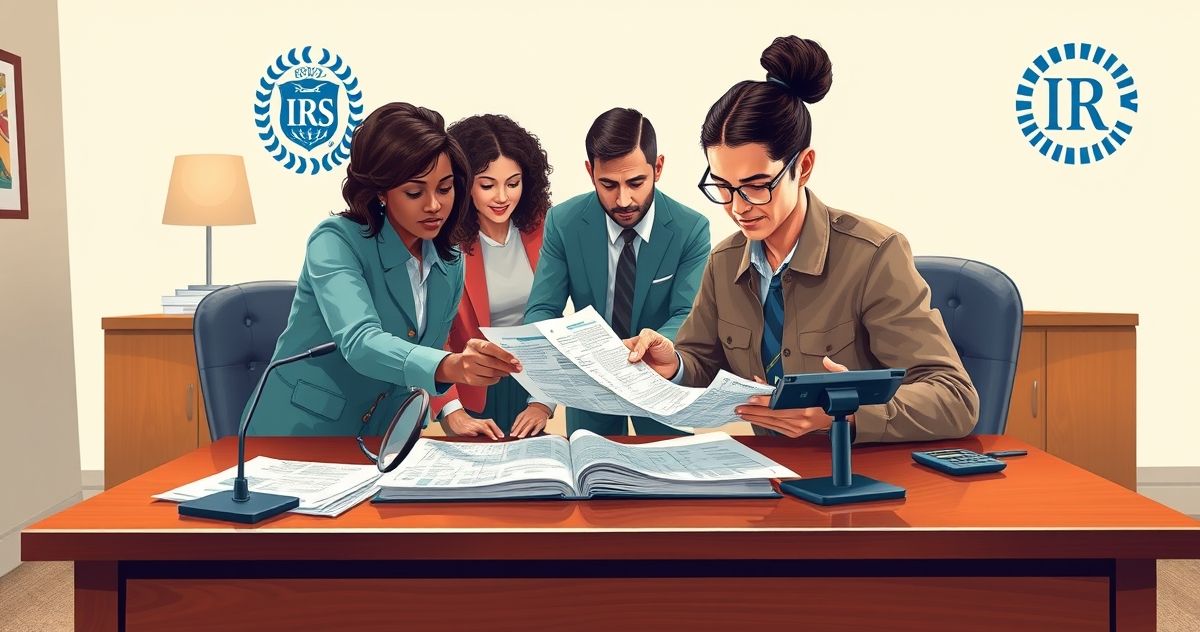Understanding Revenue Officer Assistance
Revenue Officer Assistance is a vital service provided by the Internal Revenue Service (IRS) through its field collection personnel, known as Revenue Officers. These officers play a significant role in helping taxpayers address and resolve complex tax issues, ensuring compliance with federal tax laws. The primary purpose of Revenue Officer Assistance is to facilitate taxpayers in meeting their tax obligations, resolving tax debts, and understanding the compliance requirements to prevent further complications.
Primary Purpose
The primary purpose of Revenue Officer Assistance is to ensure taxpayers are compliant with tax laws while finding solutions to resolve outstanding tax debts. Revenue Officers engage directly with taxpayers to investigate their financial status, evaluate their ability to pay outstanding taxes, and propose appropriate solutions such as installment agreements or offers in compromise. This proactive approach by the IRS is aimed at securing tax collection while providing taxpayers feasible options for debt resolution.
Key Features or Components
- In-Depth Taxpayer Evaluation: Revenue Officers conduct thorough investigations into a taxpayer’s financial condition, examining income, expenses, assets, and liabilities to understand their capacity to settle tax debts.
- Personalized Guidance: Assistance is personalized, addressing the specific needs and circumstances of each taxpayer, which may involve setting up payment plans or advising on tax compliance strategies.
- Direct Communication: Revenue Officers may contact taxpayers via phone, mail, or in-person visits to discuss tax matters, which ensures direct and clear communication regarding tax obligations and resolutions.
- Enforcement Actions: In cases of non-compliance, Revenue Officers are authorized to initiate enforcement actions such as levies or liens to recover owed taxes.
Filing and Compliance Requirements
To utilize Revenue Officer Assistance effectively, taxpayers should be aware of certain compliance and filing requirements. These include filing all required tax returns, accurately reporting income and deductions, and staying up-to-date with current tax obligations. Non-compliance with filing requirements may lead to increased scrutiny by Revenue Officers and possible enforcement actions.
Penalties or Consequences for Non-Compliance
Failing to comply with tax obligations can lead to severe consequences. Revenue Officers are empowered to enforce collection actions if voluntary compliance is not achieved. Potential penalties include wage garnishments, bank account levies, property liens, or even seizing assets. Additionally, failure to address tax debts can result in accumulated interest and penalties, significantly increasing the total amount owed.
Importance in Tax Resolution and Financial Compliance
Revenue Officer Assistance is crucial for both tax resolution and maintaining financial compliance. By working with Revenue Officers, taxpayers gain insights into their tax situations and learn about viable strategies to resolve outstanding debts. This assistance is particularly beneficial for those experiencing significant financial difficulty or complexity in their tax accounts. Revenue Officers offer a structured approach to debt resolution, helping taxpayers ease financial burdens and restore compliance with the IRS.
In conclusion, Revenue Officer Assistance is an essential aspect of tax resolution, providing taxpayers with the support and guidance needed to manage their tax obligations effectively. By facilitating personalized assistance and enforcing compliance, Revenue Officers play a pivotal role in maintaining the integrity of the tax system while ensuring taxpayers are given fair opportunities to resolve their debts. Embracing these services not only aids in addressing current tax issues but also serves as a preventive measure against future tax troubles.

